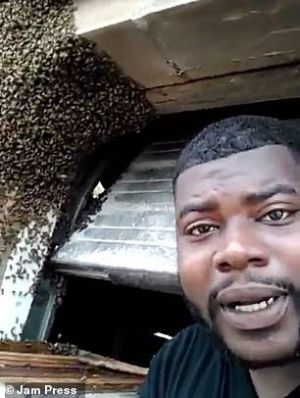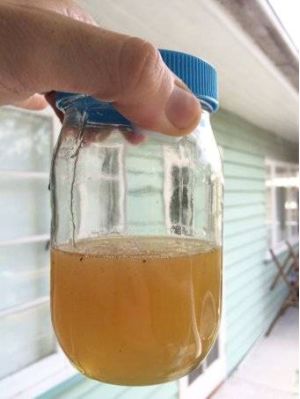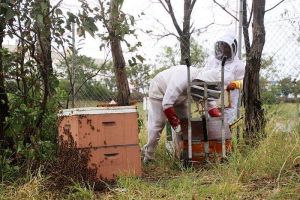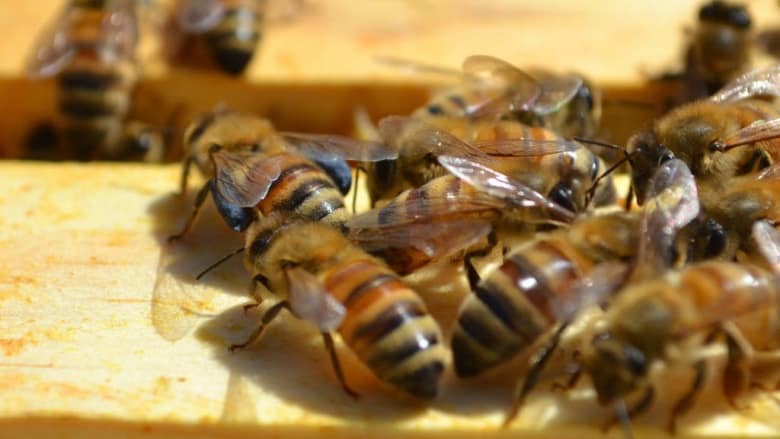About 160,000 bees now call West End home, with the yellow buzzing insects housed on a building rooftop.
Bee One Third founder Jack Stone installed four beehives on the top of the Westpac Bank building on Boundary Street.
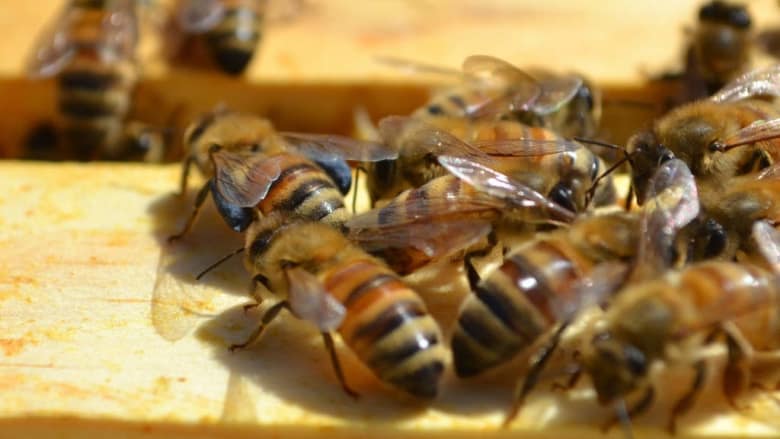
More than 150,000 bees are living across four hives at the West Village development at West End.
Photo: File photoThe bees are part of a "green installation" at the $1 billion West Village development.
When complete, the 2.6-hectare West Village will include eight apartment buildings and about 13,000 square metres of retail and commercial space all linked by pedestrian and cycle laneways.
Mr Stone, who started the company to educate Brisbane’s inner-city population about the importance of bees in the global food system, installed the four beehives, each housing about 40,000 bees.
The Brisbane-based beekeeper has installed more than 110 rooftop hives across Queensland and NSW since establishing Bee One Third in 2012.
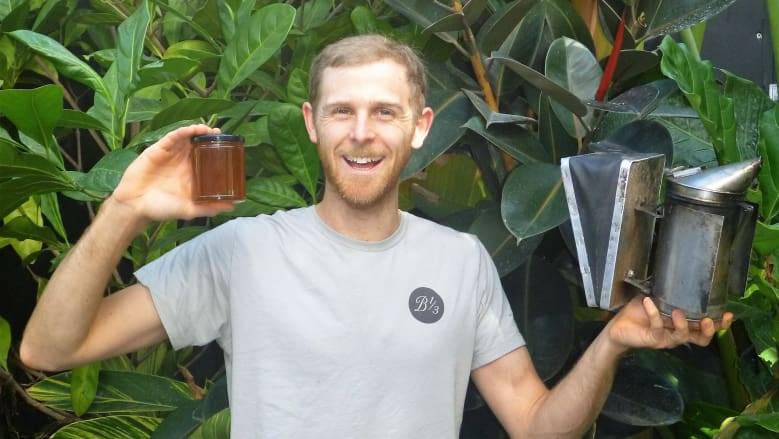
Bee One Third founder Jack Stone said the local honey could contain pollen which could help with hay fever and allergies.
Photo: Supplied
The first harvest of honey from the West Village hives is scheduled for October.
The green project hopes to collect about 160 kilograms of honey from three harvests a year.
As the West Village development progresses and more gardens and green areas are built it is expected the bees will visit the flowered areas planted throughout the development but could also fly up to five kilometres in search of food.
Mr Stone’s beekeeping experience suggests the local honey would contain pollens that could help with hayfever and allergies.
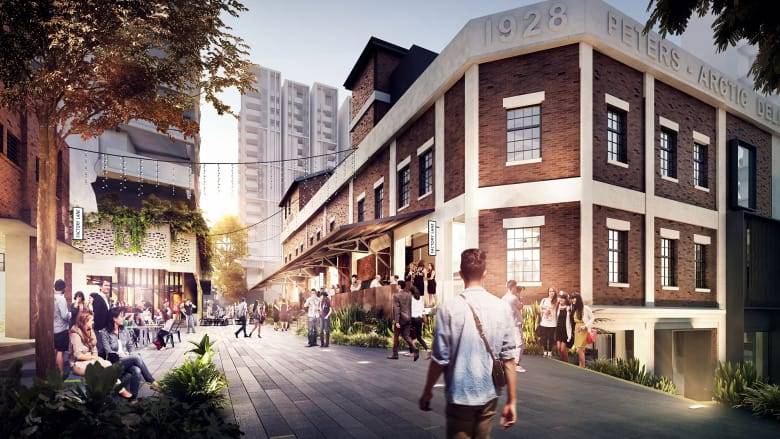
An artist's impression of the plan for West Village at West End.
Photo: Supplied
West Village project director Andrew Thompson said the development was Sekisui House’s first inner-city, master-planned project in Queensland and it embodied the company’s core development principals of environmental consciousness, respect for history, reverence for community and delivering places that last for generations and improve with time.
Other green initiatives in the $1 billion development include:
- A food rescue partnership with a dedicated cold room that will allow excess perishable food donated to charity
- A large car-share system for the residential project with 10 GoGet car share pods
- 1600 bike racks
- A shared community harden with herbs, bush foods and native plants
While the bees have already moved in, the West Village project is expected to be finished about 2023.
Correction: An earlier version of this story had identified the West Village project as a $2 billion development.

